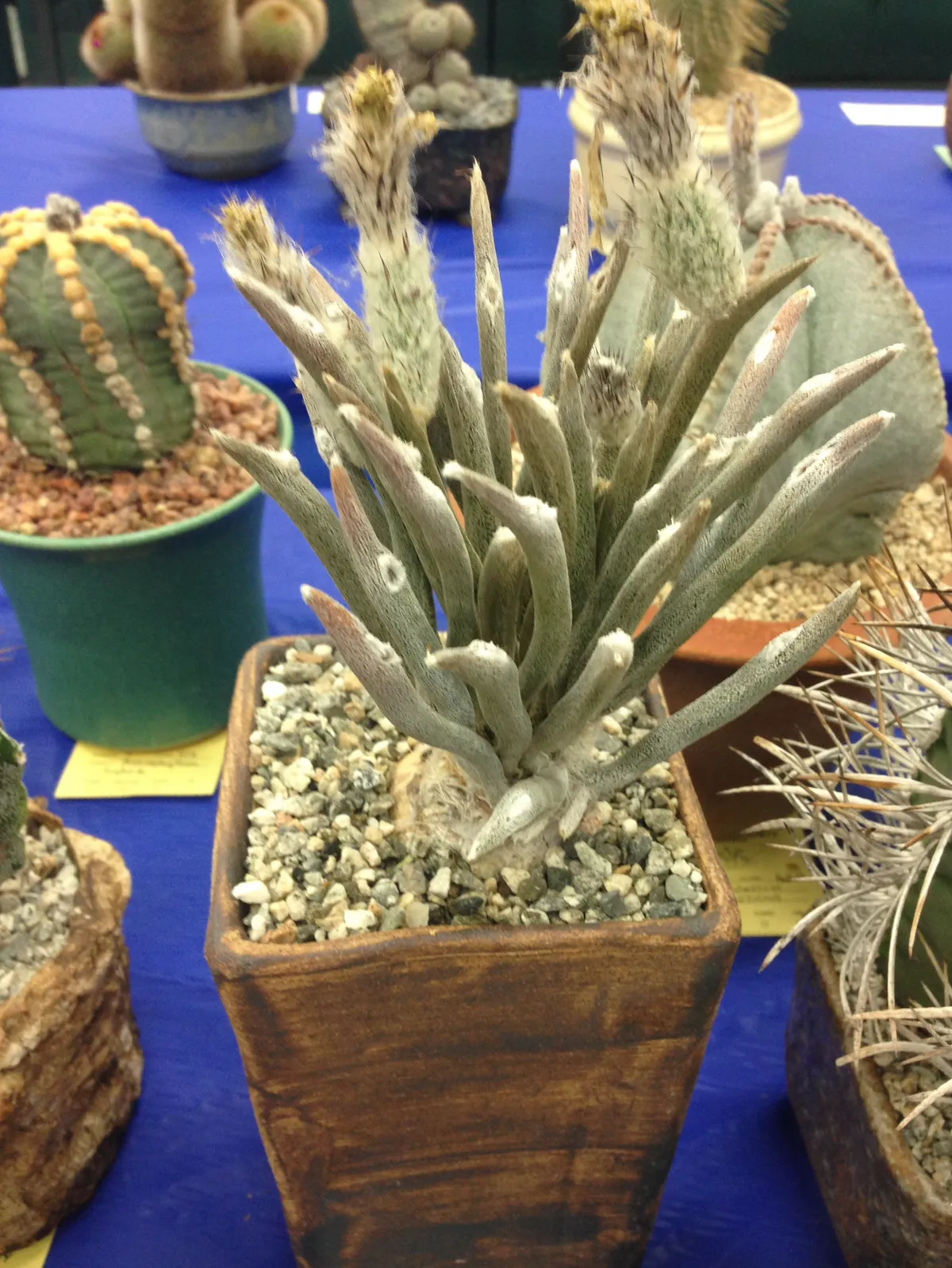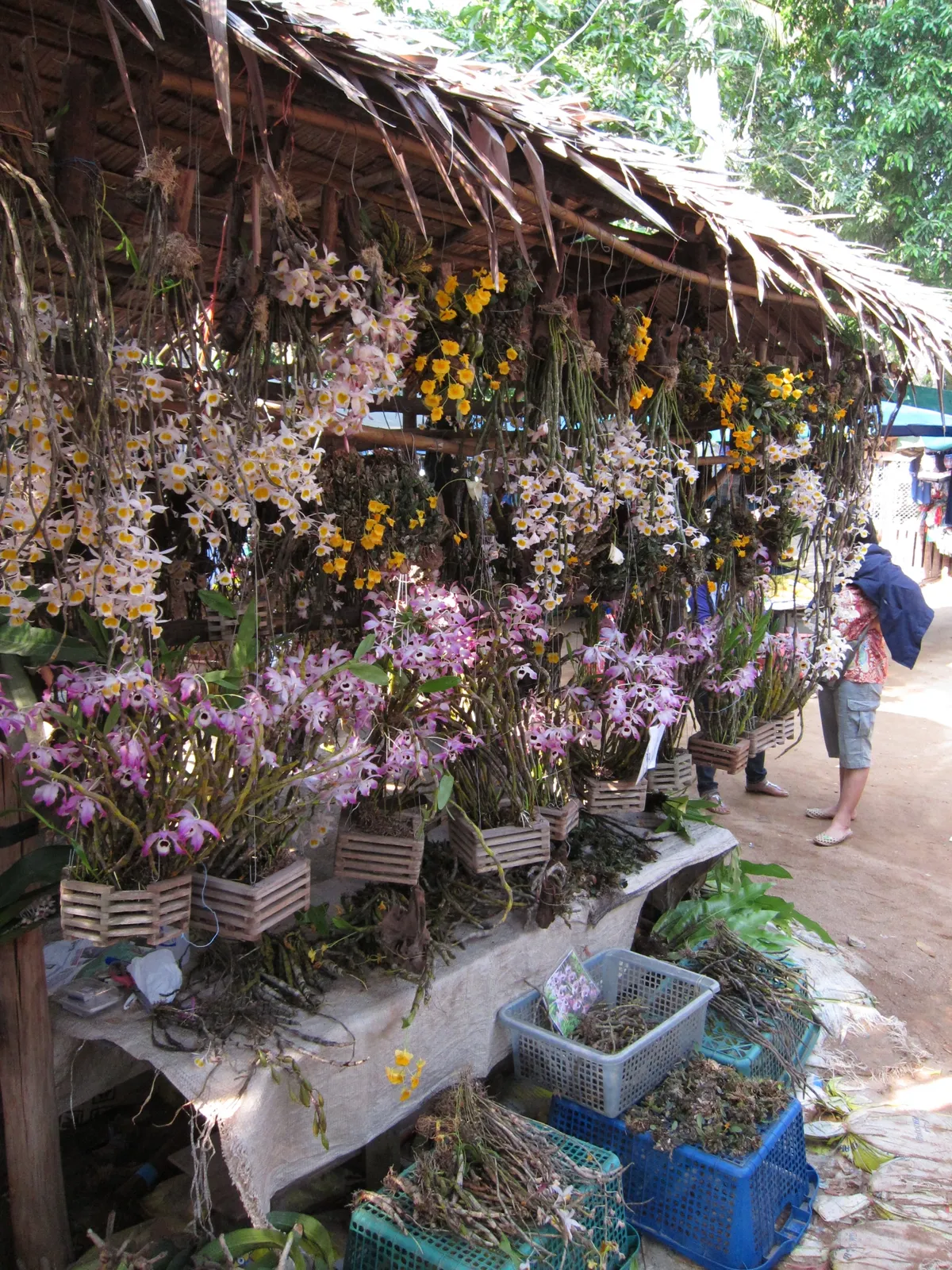Experts and government ministers from around the world will be discussing a range of topics such as elephant ivory and exotic pets at the London Conference on Illegal Wildlife Trade, and it’s expected that a number of high-level commitments will be announced.
Botanists are concerned that plants are being side-lined at the conference, even though they are the most illegally traded wildlife.
“Plants are the most illegally traded wildlife in the world, including as medicines, ornamental plants and food,” says Dr Jacob Phelps from the Lancaster Environment Centre and chair of the IUCN SSC Orchid Specialist Group.
“It is understandable that the London Conference has a strong focus on charismatic animals, such as elephants and tigers. However, we cannot afford to overlook the thousands of other species also threatened by illegal trade, including plants, reptiles and fish.”
Phelps explains that this is an example of ‘plant blindness’, a term that was coined 20 years ago and refers to the lack of attention plants receive in high-level discussions.
Protected plant species are being openly traded online, including cacti and orchids.

The latter represent 70 per cent of all wildlife species listed on the CITES convention, which sets out which endangered species can be traded.
The illegal trade of slipper orchids for the horticultural trade has resulted in 80 per cent of slipper orchid species being threatened with extinction.
“These staggering numbers speak for themselves,” says Dr Amy Hinsley from the Oxford Martin Programme on Illegal Wildlife Trade. “The evidence is clear that, if governments and conservation organisations claim interest in combating the illegal wildlife trade, then they should also prioritise plants.”

The IUCN SSC Orchid Specialist Group – Global Trade Programme is hosting a booth at the conference to raise awareness of the illegal wildlife trade of these flowering plants.
“We are not only losing critical biodiversity, but also species that are important to people’s livelihoods and that provide essential functions for all life on earth,” continues Phelps. “While we are glad plants will have this presence at the conference, we hope that in future years they won’t just be side-lined to a conference booth, but will be given full consideration for exactly what they are: wildlife.”
